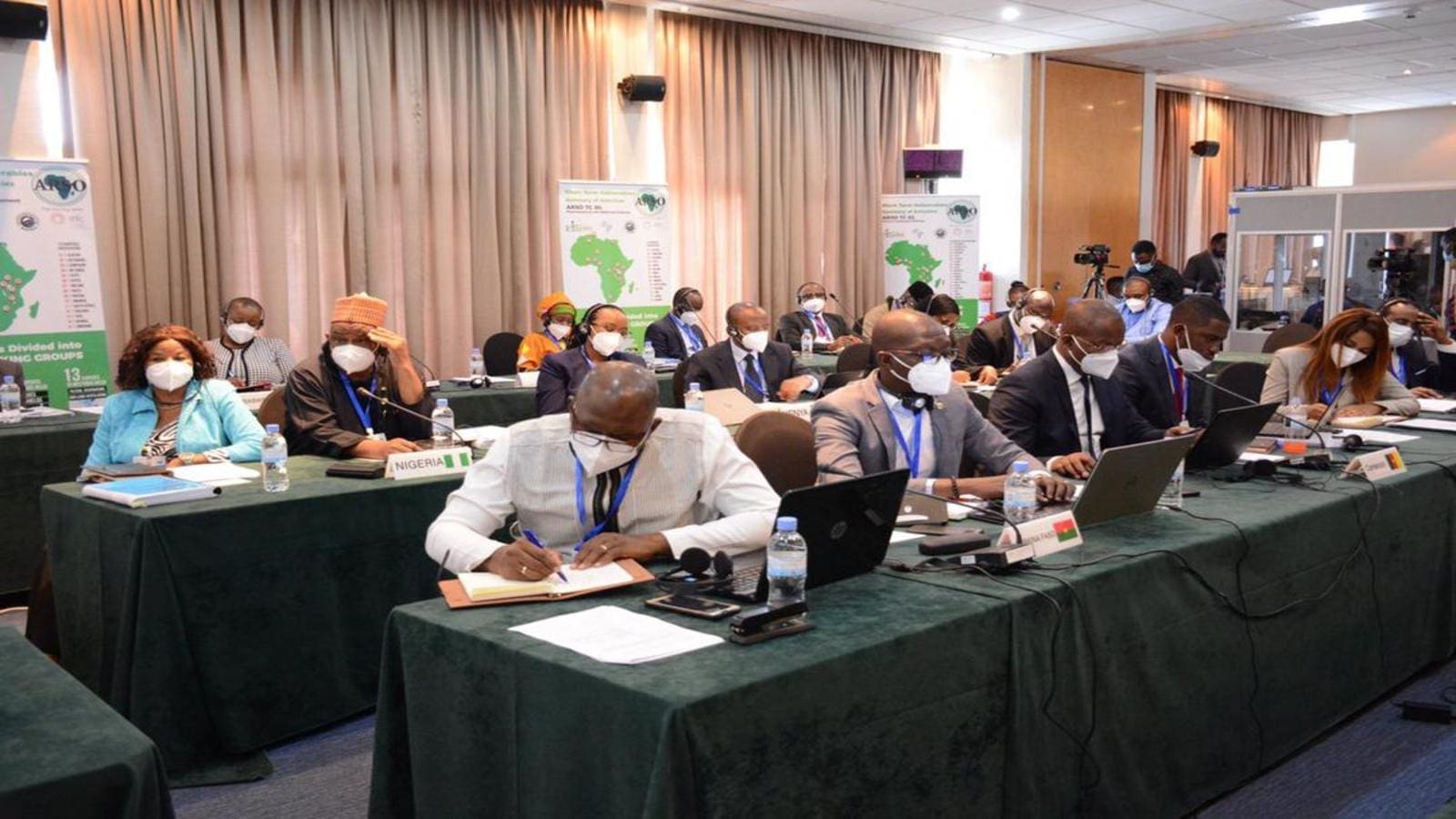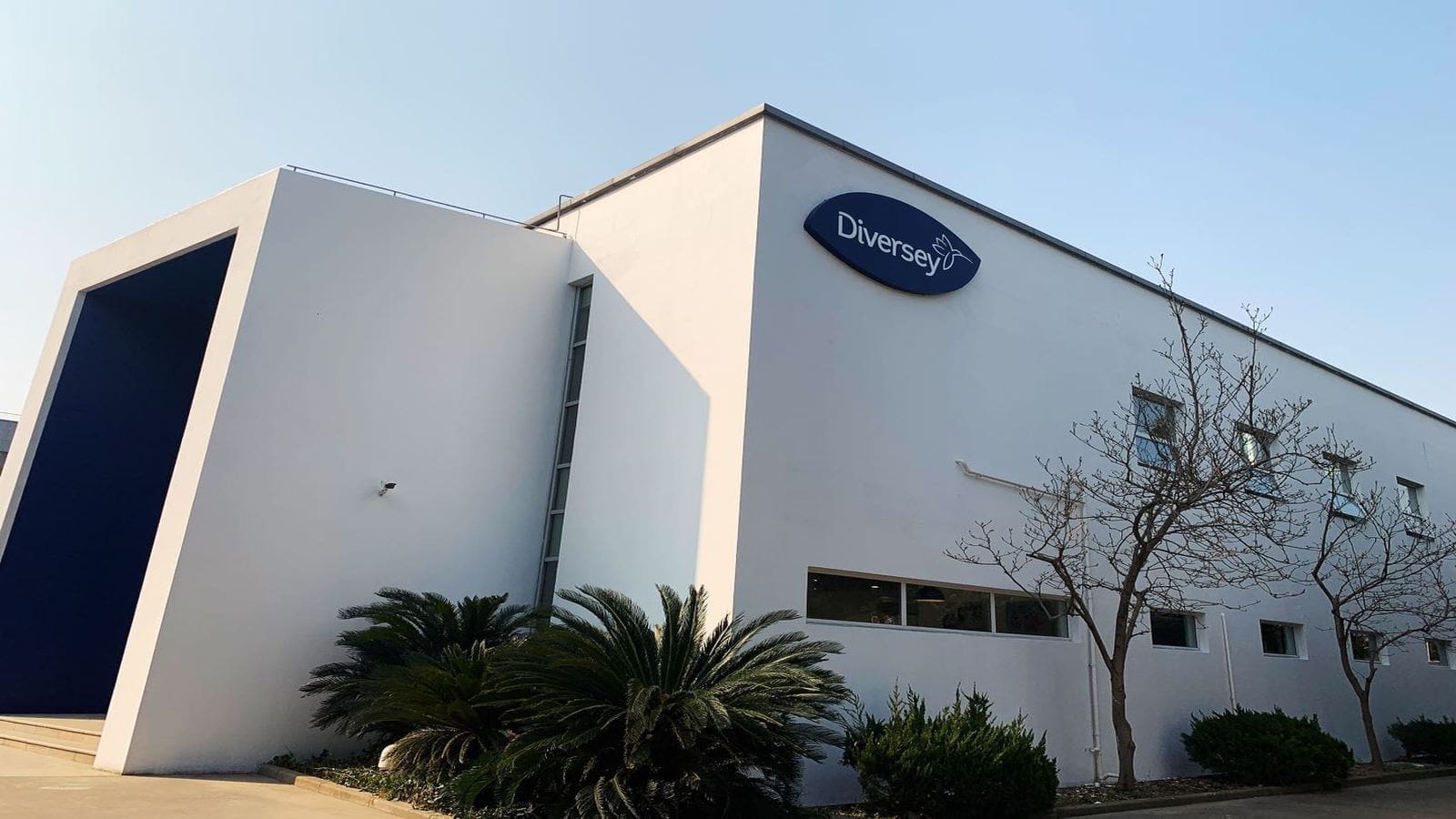GHANA – The government of Ghana through the Ghana Standards Authority (GSA) will host the 65th Council Meeting of the African Organization for Standardization (ARSO) in Accra, amidst calls to accelerate the harmonization of standards in the region which is seen as crucial to achieving the objectives of the African Continental Free Trade Area (AfCFTA).
It is the first Council meeting since the General Assembly unanimously elected the Director General of GSA, Prof Alex Dodoo as the President of ARSO. He is scheduled to lead the organization from June 2022 up until 2025.
Council members from across ARSO member states will gather at the three-day event from 24th-26th November, as they seek to facilitate seamless intra-trading through harmonized quality infrastructure.
The Council meeting has been themed: The Beginning of Trade among African countries under the AfCFTA Agreement: Boosting Intra-African trade within the African Single Market through “One Standard – One Test – One Certificate – Accepted Everywhere.”
This theme highlights the importance of the National Quality Infrastructure in Africa’s integration and sustainable development.
Prof. Alex Dodoo said the gathering will help ARSO to further discussions on ensuring local businesses can access the 1.2 billion population market without technical barriers. This he said will enable them to expand their operations and create more decent jobs to help tackle Africa’s unemployment challenge.
“AfCFTA will remain a slogan if we fail to address the technical barriers to intra-Africa trade. So, this meeting will build up on the work done so far and find innovative ways to accelerate the standards harmonization process for businesses to take off,” said the ARSO President-elect, Prof Dodoo.
The meeting will be attended by Council members, government officials and development partners in Accra and globally through virtual platforms.
The 64th Council meeting which took place in 2020 was hosted by Rwanda after an earlier postponement due to Covid 19.
ARSO signs MoU with AfCFTA
In line with this, ARSO has signed an MoU with the AfCFTA Secretariat on the implementation of AfCFTA Agreement, with respect to the elimination of Technical Barriers to Trade (TBTs) that has consistently hindered the intra-African Trade, as provided for under the TBT Annex 6, which also recognizes the role of ARSO, in the same, under article 6.
The MoU signing ceremony was presided by H.E. Mr. Wamkele Mene, Secretary General AfCFTA and Dr. Hermogene Nsengimana, ARSO Secretary General during the Intra-African Trade Fair (IATF) 2021.
According to the United Nations Economic Commission for Africa (UNECA), AfCFTA has the potential to increase intra-African trade by 52.3% by eliminating import duties, and to double this trade if non-tariff barriers, especially the Technical Barriers to Trade are also reduced.
Tralac, a non-profit capacity-building organization developing trade-related capacity in east and southern Africa, records that the heterogeneity of the African standards, within the Regional Economic Communities (RECs) and countries, make intra-African trade costly, contentious and low.
The World Trade Organization (WTO) encourages harmonization, use of equivalence and mutual recognition in the bilateral free trade agreements, such as the AfCFTA. The anticipated standards to be harmonized by ARSO being comparable to the 4,547 HS6, Tarif lines for the AfCFTA. The AfCFTA TBT Annex 6 provisions on standards, Conformity Assessments and accreditation indicate the need for harmonization and mutual recognition between the State parties, with the role of ARSO defined.
As a policy instrument, the AfCFTA Agreement, under the TBT Annex 6 and Sanitary and Phytosanitary (SPS) Annex 7, addresses the TBTs and SPS issues, and binds all state parties to commit to their progressive elimination and calls for cooperation in their development, harmonization and implementation of standards, conformity assessment and the related themes.
AfCFTA is coordinating the implementation of the AfCFTA Agreement with all the stakeholders and partners, like ARSO.
Liked this article? Subscribe to Food Safety Africa News, our regular email newsletters with the latest news insights from Africa and the World’s food safety, quality and compliance. SUBSCRIBE HERE








